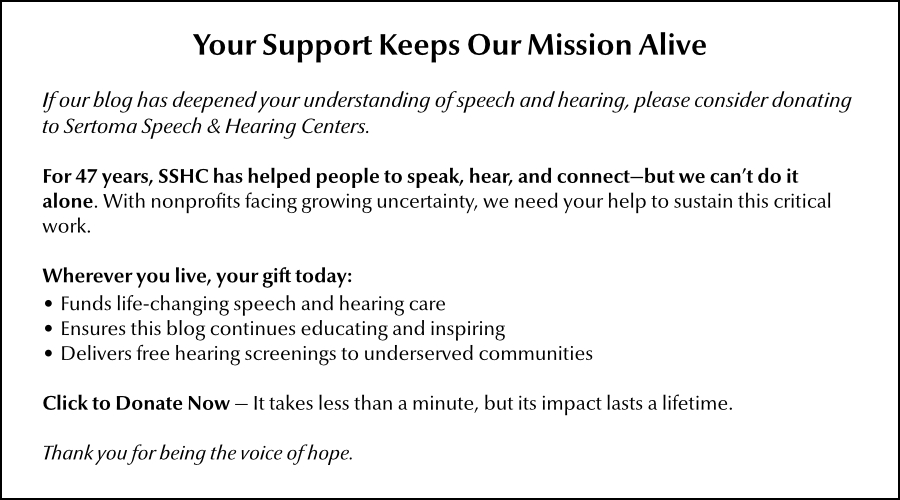For years, many experts claimed dementia was just part of getting old. Turns out, they were wrong. Professor Gill Livingston has spent nearly two decades studying dementia, and she has news that will change how you think about your brain's future.
For 19 years, Dr. Livingston has been a professor of psychiatry of older people at University College London. This post is adapted from her article "I'm a dementia professor. Here's how I'm reducing my risk," published in The Telegraph, 6/14/2025.
Why it matters
Up to 45% of dementia cases can be prevented with lifestyle changes. Translation: Millions of people could dodge this devastating disease by making some very doable changes.
By the numbers
The biggest risk factors might surprise you:
- Can't hear well in your 50s? You're 40% more likely to get dementia
- Struggle to read an eye chart halfway down? That bumps your risk up 50%
- More than 21 drinks a week puts your brain in danger (that's roughly 10 glasses of wine)
- Walking less than 10,000 steps daily means you're missing out on serious brain protection

A closer look
Hearing and eyesight are more connected to your brain health than previously realized. When you can't hear conversations clearly, you start pulling back from socializing. Your brain gets less workout time, and as a result, brain scans confirm that it shrinks.
The same with vision. Can't see well? You stop reading as much, avoid walking around, and skip social events. Less visual stimuli makes your brain lazy.
Good news: Adopting hearing aids reduces your risk dramatically. Get glasses or fix those cataracts; the result is the same.
Other things you can do to decrease your risk include —
- Blood pressure: Don't wait until it hits 140/90. Consider treating it at a blood pressure of 130/80.
- What you eat: Get 7-8 servings of fruits and veggies daily, and go easy on red meat.
- Smoking: Quit now, and your increased dementia risk drops within just two years.
- Sleep: Skip that afternoon coffee and stay busy during the day so you're tired at bedtime.
The takeaway
The best brain exercise? Talk to people. Conversation gives your mind the kind of workout it needs.
Professor Livingston practices what she preaches (both her parents had dementia). She wears hearing aids without feeling embarrassed, gets her eyes checked regularly, uses tiny wine glasses to keep her drinking in check, and takes calls while walking instead of sitting at her desk.
The new dementia drugs everyone's talking about? They're very disappointing so far — lots of side effects, not much benefit. Prevention beats treatment every single time.
You don't need to become a health perfectionist. Even small changes help. The goal isn't living forever. It's staying sharp longer and minimizing the unpleasant parts of life.
Pick one thing and start there. Get your hearing screened. Book that eye exam you've been putting off.
Reduce your risk with a hearing screening
Learn about the health of your hearing with a free 15-minute hearing screening by an audiologist.
★ Call 708-599-9500 to schedule your free screening.
★ For facts about hearing loss and hearing aid options, grab your copy of The Hearing Loss Guide.
★ Sign up for our newsletter for the latest on Hearing aids, dementia triggered by hearing loss, pediatric speech and hearing, speech-language therapies, Parkinson's Voice therapies, and occupational-hearing conservation. We publish our newsletter eight times a year.
Don't let untreated hearing loss spoil your enjoyment of life.


